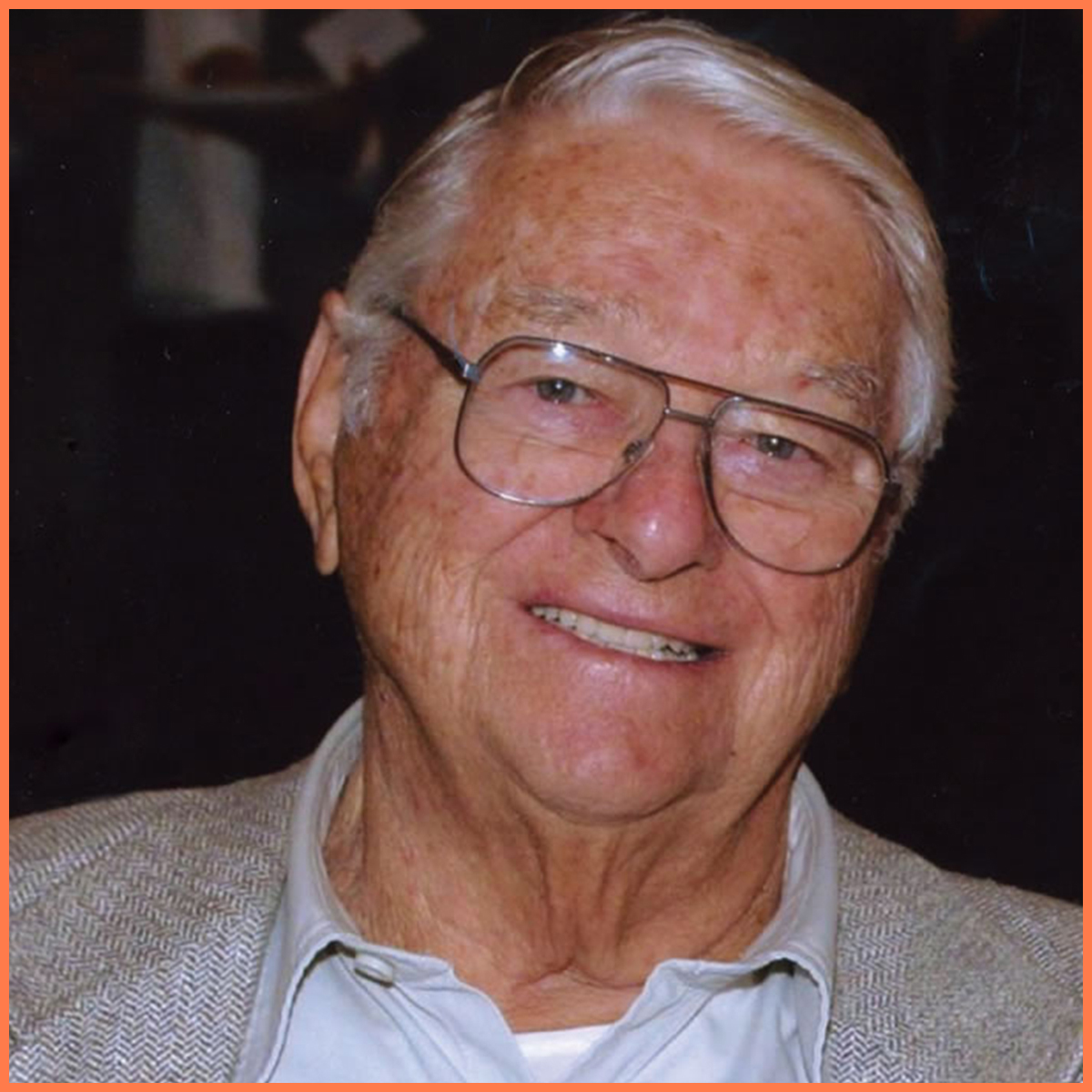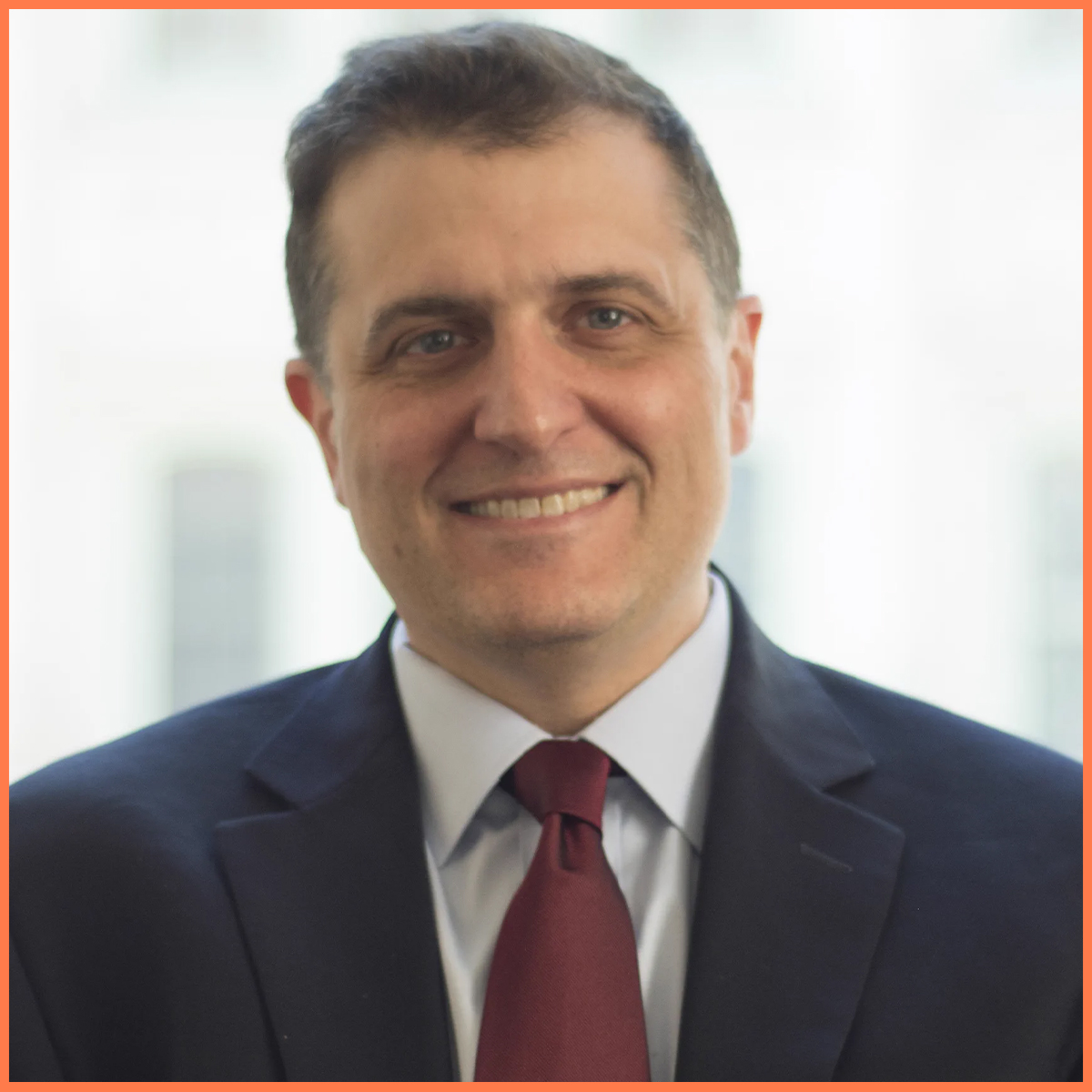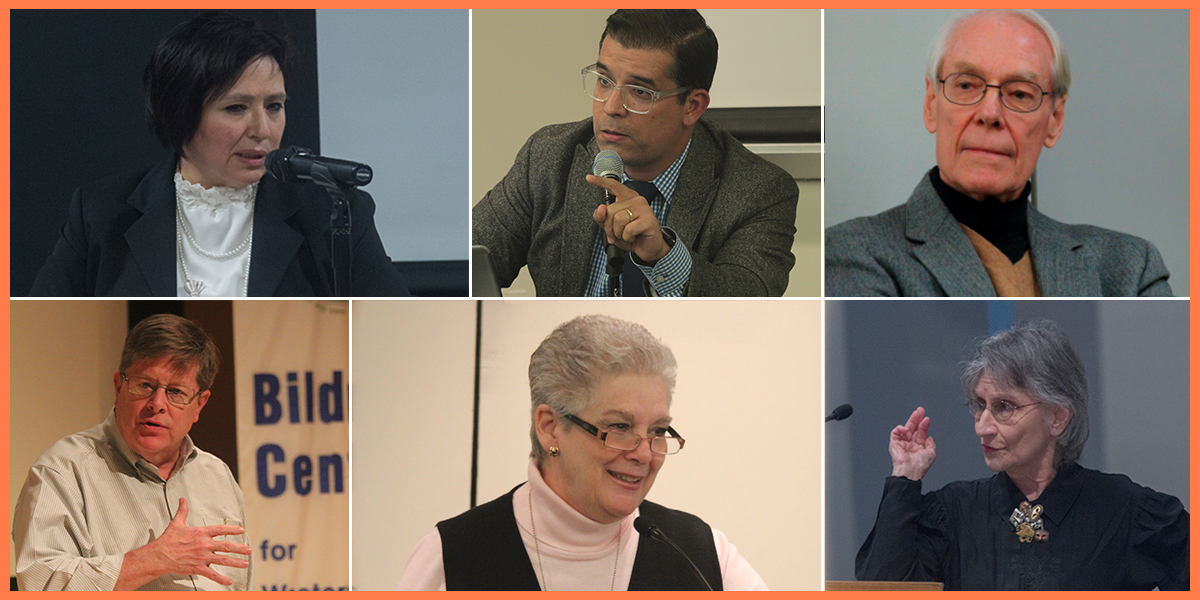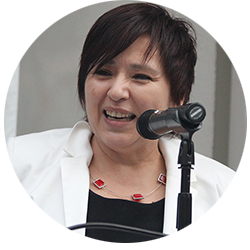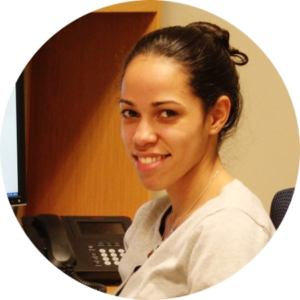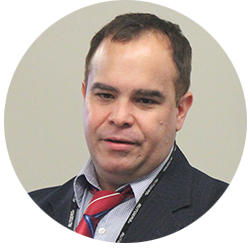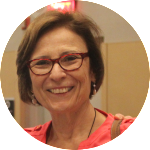The Bildner Center for Western Hemisphere Studies is an interdisciplinary forum for scholars, policy makers, and civil society leaders working on contemporary issues in the Americas. Founded in 1982 with the support of philanthropist Albert Bildner, the Center was re-inaugurated under the leadership of Mauricio Font in the 1999-2000 academic year. The Center is dedicated to promoting understanding and policy-oriented research concerning governability, human security and economic well-being of communities in the Western Hemisphere.
The Center Sponsors
Research Publications Lectures & Seminars Conferences Public Forums Film Series
About Us
Areas of Focus
Transitions and Reform Processes in a Global Context
The dynamics of economic development and reform in Latin America and the western hemisphere at large have changed considerably since structural reforms in the 1980’s in the context of turmoil due debt crisis, high inflation, and the collapse of authoritarian regimes. At present, countries face increasing pressure to liberalize their economies amidst turbulent capital markets and transient financial investments. Reform efforts continue. As democratic regimes consolidate in the region, policymakers focus on the complex issues of judicial and tax reform, the strengthening of local governance structures, and the development of broader conceptions of citizen participation and social welfare.
Human and Social Capital
Human security sits at the intersection of economic needs, environmental standards, access to basic health care, and living in a state that secures basic civil freedoms and protection from organized violence. The ever-evolving process of good, accountable governance is central to both establishing democracy and providing security. This program area focuses on recent developments in the study policing, crime, corruption, organized violence, and the underlying social considerations that contribute to these problems. Our work here focuses understanding these phenomena and offering meaningful short-term and long-term solutions to the security challenges facing the region.
Transnational Communities
A number of scholars and civil society activists devote attention to the role of transnational and transcultural communities, those individuals and groups who live and travel between national boundaries and cultural spheres. The Bildner Center has developed a number of programs on the dissemination of ideas, knowledge and cultural processes. This program area examines these discursive and dynamic exchanges through the agency of individuals and communities in transition. Transnational community political participation, in countries of origin and destination, is increasingly important to social, political, and economic life. Apart from political organizations and affiliations, transnational communities have a growing impact on regional finances. Remittances to family members across Latin America and the Caribbean have become a major, and largely undocumented, component of national economies. There is an increasing demand for scholarly and policy attention to this issue.
Global Cooperation and Regional Integration
The Bildner Center has long recognized the importance of the increased level of regional integration in the western hemisphere as a result of new bilateral and sub-regional trade agreements and a general convergence of monetary policy. Such accords reflect increased levels of cooperation and interdependence affecting financial, security, and development policy. The United States military has long had great influence in Latin America and the Caribbean both through ongoing collaborations between military forces and through direct interventions. In recent years, however, Latin American armed forces have developed more expansive regional roles through international humanitarian interventions such as the ongoing United Nations Stabilization Mission in Haiti. Non-state actors have played an increasingly important role in developing normative standards for such issues as the rights of women, indigenous populations and minority groups of the Americas. Together these new set sets of actions and activities have begun to have major effects on Inter-American relations.
Who We Are
Our Team
Araceli Tinajero
Events Faculty Coordinator
Rosalina López
Office & Project Coordinator
Mario González-Corzo
Cuba Project Associate
Elba Barzelatto
Consultant

